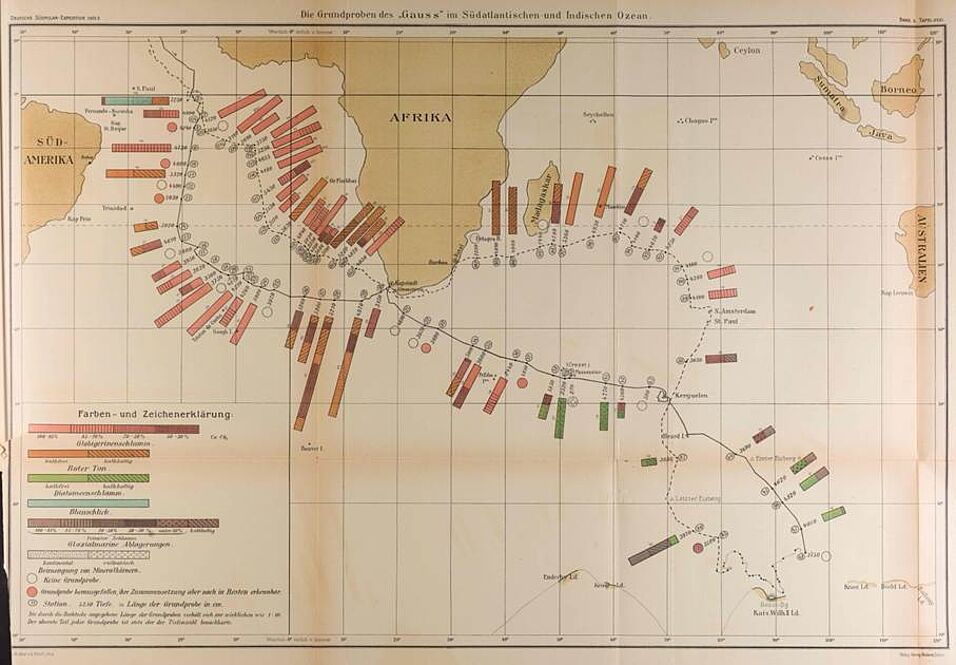The dissertation traces the history of paleoclimatology as a form of knowledge in which the Anthropocene becomes a quantifiable entity. It scrutinizes the historical genesis, epistemic contours and technical conditioning of a discipline, that is central to current understandings of the Earth as a dynamic system and to the geohistorical grading of contemporary climate change. How are abrupt climatic changes of the deep geologic past reconstructed in an interplay of proxy data generation and computer simulations and what historical contexts and technological influences lie at the epistemic core of such computational-experimental analyses? After an introduction to and a theoretical examination of the current epistemological practices of reconstructing climatic shifts in geological time, the historical-epistemological setting of the notion of climate and the debates around paleoclimates from antiquity up to the middle of the 20th century is briefly outlined. The centerpiece of the dissertation then consists of an extensive description and discussion of the genesis of key quantification techniques of modern deep time paleoclimatology around 1950: marine sediment stratigraphy, mass spectrometric analysis of stable isotopes, and numerical weather and climate modeling with the help of binary electronic computers. At this point in time, the emergence of the modern geosciences (geology, nuclear chemistry, geophysical fluid dynamics) converged with the rise of electrical engineering (early modern experimental physics to electronics). Ever since then, subatomic elementary particles measure and calculate the global climate and its evolution across millions of years. In the final chapter the threads laid out in the introduction are taken up again and linked with the findings from the historiographic parts of the dissertation. Here, the fragile eventfulness of the present, so profoundly characterized by palaeoclimatology like no other science, is addressed once again. Overall, the dissertation is intended as a contribution to the epistemological grounding of the Earth system and Anthropocene paradigms and at the same time as a constructive offer to reposition the history of science, technology and media in the face of the current planetary crisis.
Keywords: paleoclimatology, Anthropocene, proxy data, paleoceanography, climate modeling, geochemistry, history of science and technology, media history

